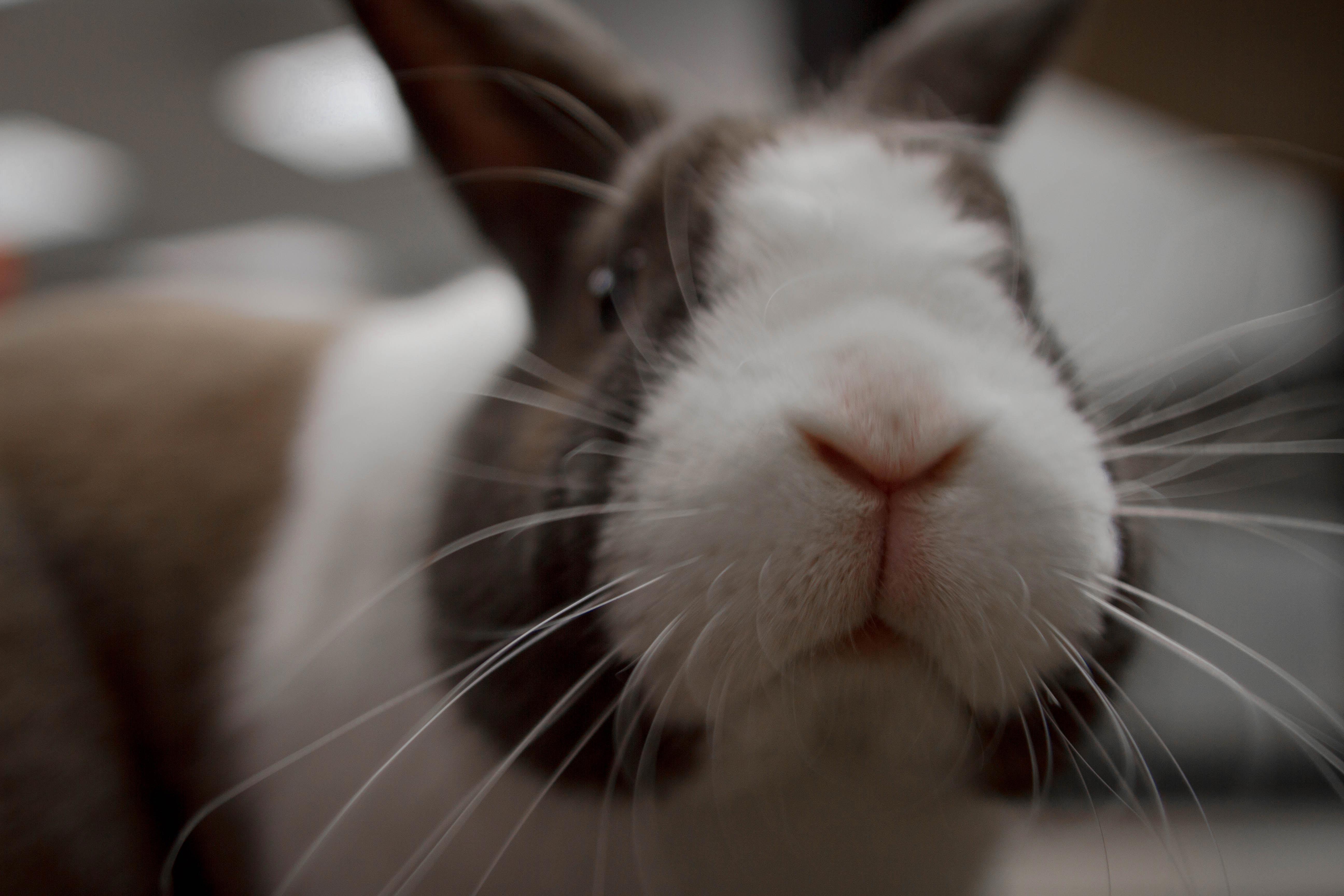What diet and nutrition plan is most appropriate for a rabbit’s health?
Proper diet and nutrition are essential for the health and well-being of rabbits. As herbivores, rabbits have specific dietary requirements that must be met to ensure they remain in good health. In this article, we will explore the most appropriate diet and nutrition plan for rabbits, providing valuable insights to help you keep your furry friend happy and healthy.
The Importance of a Proper Diet for Rabbits
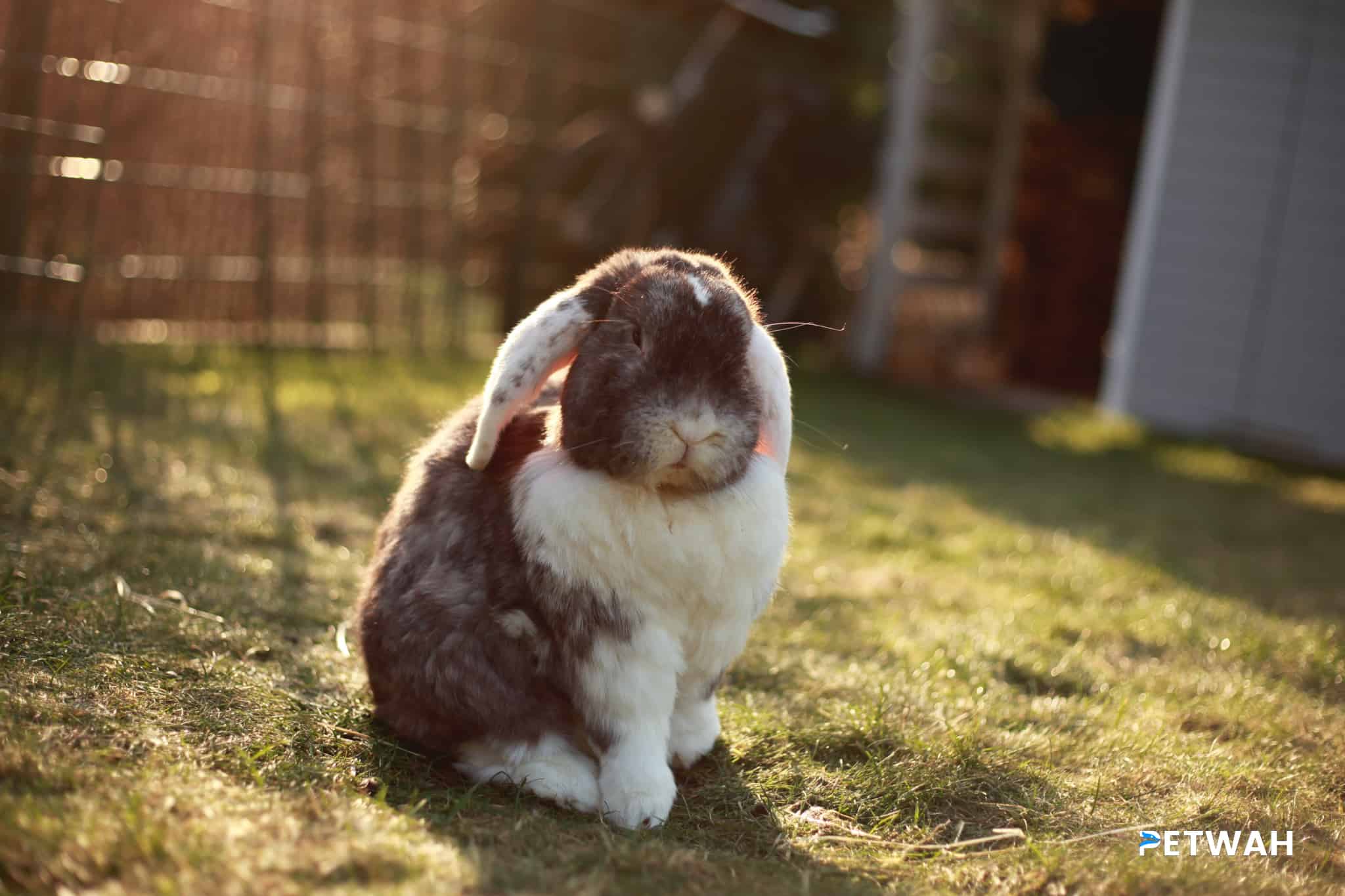
A balanced diet is crucial for rabbits as it supports their overall health and helps prevent certain health issues. The right diet can help rabbits maintain a healthy weight, promote normal digestion, prevent dental problems, and support optimal immune function. By focusing on their nutritional needs, you can provide the best care for your beloved pet.
Hay: The Staple Food for Rabbits
Hay should make up the majority of a rabbit’s diet. It is an excellent source of fiber, which is essential for proper digestion. The fiber in hay promotes gut movement and helps prevent gastrointestinal issues such as stasis. Additionally, chewing on hay promotes good dental health by naturally wearing down a rabbit’s continuously growing teeth.
Fresh Vegetables
Alongside hay, rabbits should also have access to a variety of fresh vegetables. These should make up around 10-20% of their diet. Vegetables like kale, spinach, romaine lettuce, and carrots are rich in vitamins and minerals and can provide additional nutrients to support overall health.
Pellets
Pellets specifically formulated for rabbits can be given in small amounts as part of their diet. Pellets should be made up of high-quality ingredients and should not exceed 5% of their total daily food intake. It is important to check the nutritional content of the pellets and avoid those that contain added sugars or artificial preservatives.
Water
Water is essential for rabbits to maintain hydration and support proper organ function. Fresh, clean water should be available at all times, either in a bowl or a water bottle. During warmer months, it is important to ensure that the water is kept cool.
Supplements and Treats
Rabbits do not require additional supplements if they are provided with a balanced diet. However, occasional treats can be given in moderation. Treats should be low in sugar and given sparingly to avoid weight gain or digestive upset.
FAQs:
1. What are some common signs of an unhealthy diet in rabbits?
Signs of an unhealthy diet in rabbits can include obesity, dental issues, diarrhea, gastrointestinal stasis, and a dull coat. It’s important to monitor your rabbit’s overall health and make adjustments to their diet if necessary.
2. Can rabbits eat fruits?
While fruits can be given as treats in small quantities, they should not be a staple part of a rabbit’s diet. Fruits are high in sugar and should be limited to prevent digestive upset and weight gain.
3. Can rabbits eat grass?
Yes, rabbits can eat grass. Fresh grass can be a nutritious addition to their diet, but it should be free from pesticides and other chemicals.
4. How often should a rabbit’s diet be changed?
Rabbits are creatures of habit and do best with a consistent diet. However, it is recommended to introduce new foods gradually and monitor their response to ensure there are no adverse reactions.
5. How can I ensure my rabbit is getting enough fiber?
Offering a variety of high-quality hay and fresh vegetables in the appropriate quantities is the best way to ensure your rabbit receives enough fiber. Providing opportunities for foraging, such as hiding hay in toys or hay racks, can also help promote natural feeding behaviors and increase fiber intake.
Conclusion and Call-to-Action
Providing a proper diet and nutrition plan is crucial for maintaining the health and well-being of rabbits. By focusing on a diet that consists primarily of hay, along with fresh vegetables and small amounts of pellets, you can ensure your rabbit receives the necessary nutrients for optimal health. Regular monitoring of their weight and overall health is important to spot any potential issues early on. If you have any further questions about rabbit nutrition or are looking for high-quality rabbit food and supplies, visit PetWah.com for all your rabbit care needs.


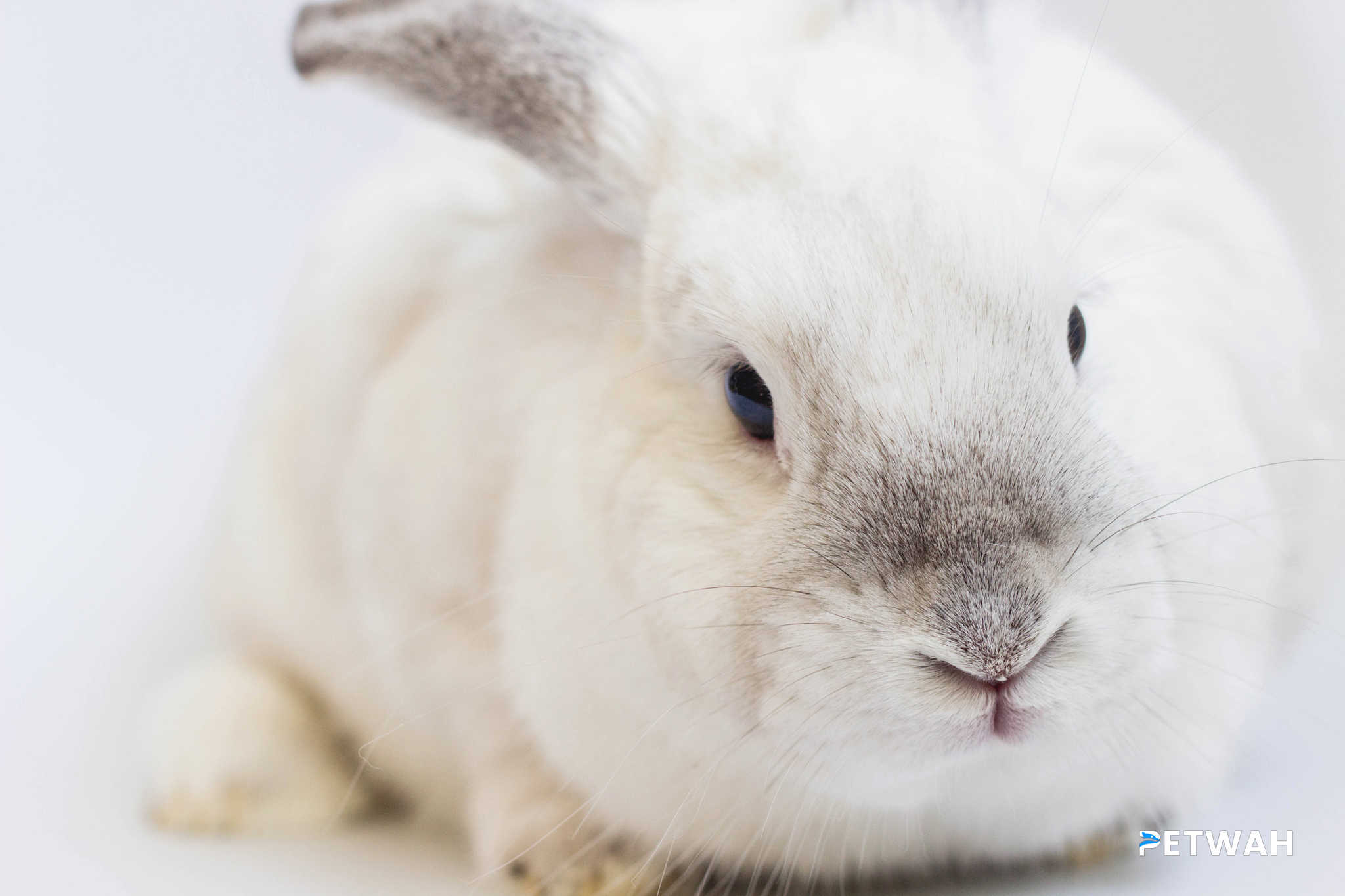
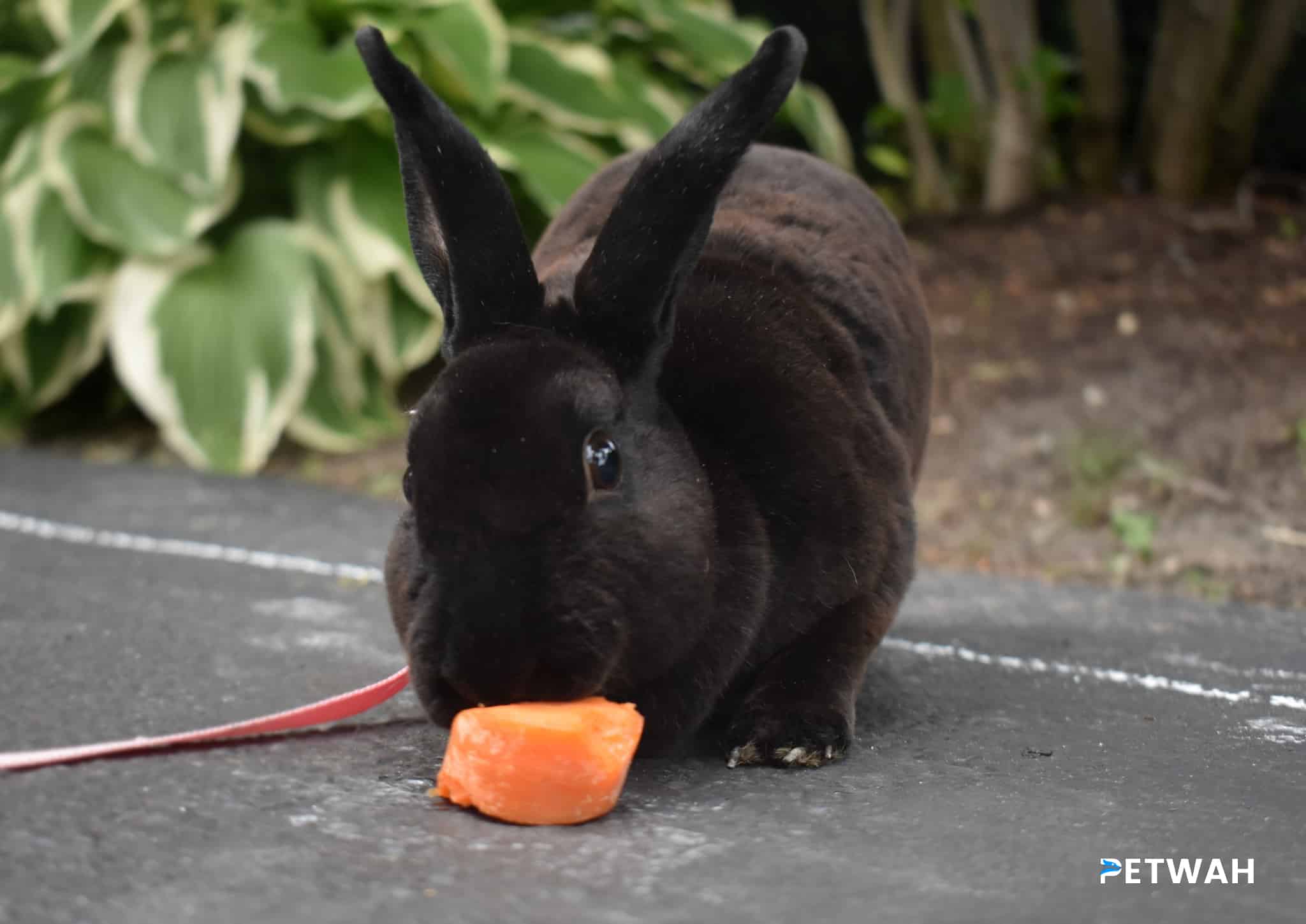
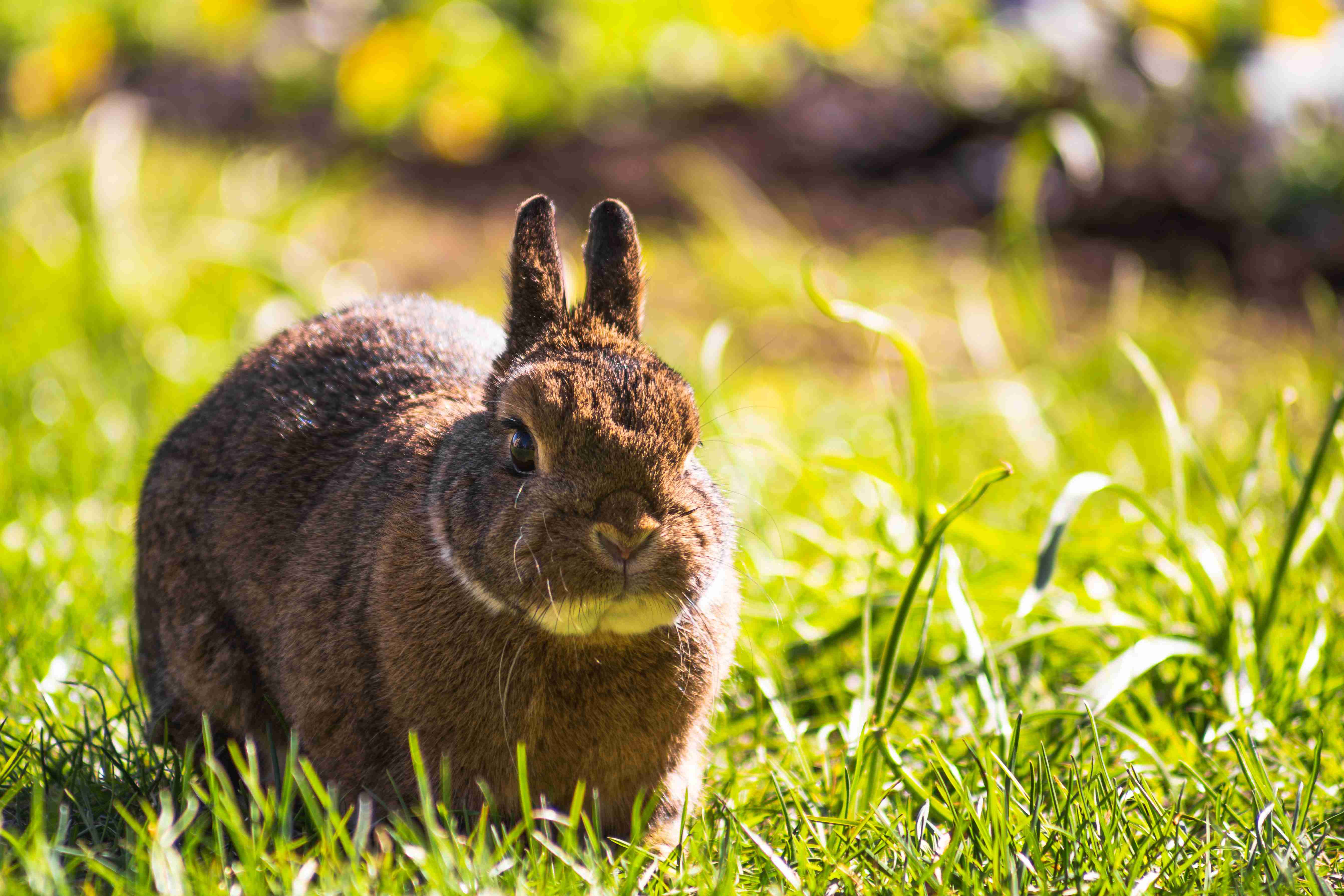
.jpg)
.jpg)
